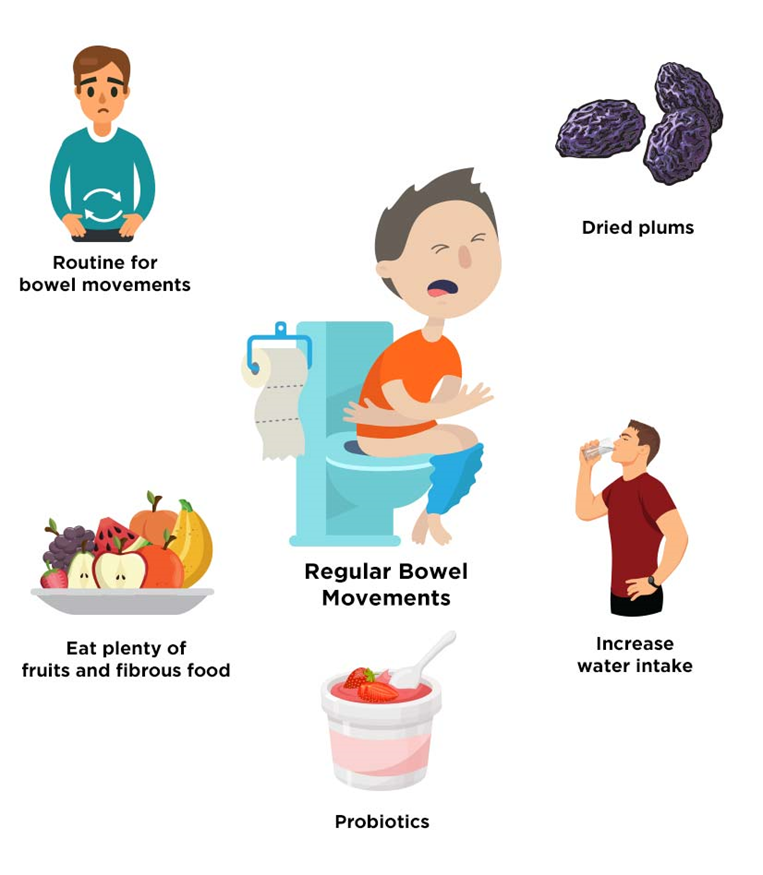A nurse accidentally sticks her hand with a needle after administering an intramuscular (IM) injection to a client. Which action should the nurse take first?
Wash the area of the puncture thoroughly with soap and water.
Notify employee health services.
Complete an incident report.
Report the incident to the charge nurse.
The Correct Answer is A
Choice A Reason:
Washing the area of the puncture thoroughly with soap and water is the first and most immediate action the nurse should take. This step helps to reduce the risk of infection by removing any potential contaminants from the puncture site. It is a crucial initial response to any needlestick injury to minimize the risk of bloodborne pathogen transmission. Proper hand hygiene is essential in preventing infections and ensuring the safety of healthcare workers.
Choice B Reason:
Notifying employee health services is an important step that should follow the initial first aid. Employee health services will provide further evaluation, testing, and follow-up care as needed. They will also guide the nurse on any necessary post-exposure prophylaxis and additional steps to take. However, this is not the first action to take immediately after the injury.
Choice C Reason:
Completing an incident report is a necessary step to document the needlestick injury. This report helps in tracking and preventing future incidents, ensuring that proper protocols are followed, and providing data for workplace safety improvements. While important, this step should be taken after the initial first aid and notification of employee health services.
Choice D Reason:
Reporting the incident to the charge nurse is also an important step in the process. The charge nurse needs to be informed about the incident to ensure that appropriate follow-up actions are taken and to provide support to the affected nurse. However, this step should come after the immediate first aid and notification of employee health services.
Nursing Test Bank
Naxlex Comprehensive Predictor Exams
Related Questions
Correct Answer is A
Explanation
Choice A Reason:
Fiber is correct. Fiber is essential for maintaining healthy bowel elimination. It helps to add bulk to the stool and promotes regular bowel movements. There are two types of fiber: soluble and insoluble. Soluble fiber absorbs water and forms a gel-like substance, which helps soften the stool and make it easier to pass. Insoluble fiber adds bulk to the stool and helps it move through the digestive tract more quickly.

Choice B Reason:
Fat is incorrect. While fats are an important part of a balanced diet, they do not play a primary role in maintaining healthy bowel elimination. Fats are essential for energy and the absorption of fat-soluble vitamins, but they do not have the same effect on bowel movements as fiber.
Choice C Reason:
Protein is incorrect. Protein is crucial for building and repairing tissues, but it does not directly influence bowel elimination. A diet high in protein without adequate fiber can sometimes lead to constipation.
Choice D Reason:
Minerals are incorrect. Minerals are vital for various bodily functions, including bone health, fluid balance, and muscle function. However, they do not directly impact bowel elimination in the same way that fiber does.
Correct Answer is ["2"]
Explanation
To determine the number of tablets per dose, follow these steps:
- Calculate the total daily dose in milligrams (mg):
- 2 grams (g) = 2000 milligrams (mg)
- Divide the total daily dose by the number of doses per day:
- 2000 mg/day ÷ 2 doses/day = 1000 mg/dose
- Determine the number of tablets per dose:
- Each tablet is 500 mg.
- 1000 mg/dose ÷ 500 mg/tablet = 2 tablets/dose
Therefore, the nurse should administer 2 tablets of 500 mg amoxicillin with each dose.
Whether you are a student looking to ace your exams or a practicing nurse seeking to enhance your expertise , our nursing education contents will empower you with the confidence and competence to make a difference in the lives of patients and become a respected leader in the healthcare field.
Visit Naxlex, invest in your future and unlock endless possibilities with our unparalleled nursing education contents today
Report Wrong Answer on the Current Question
Do you disagree with the answer? If yes, what is your expected answer? Explain.
Kindly be descriptive with the issue you are facing.
